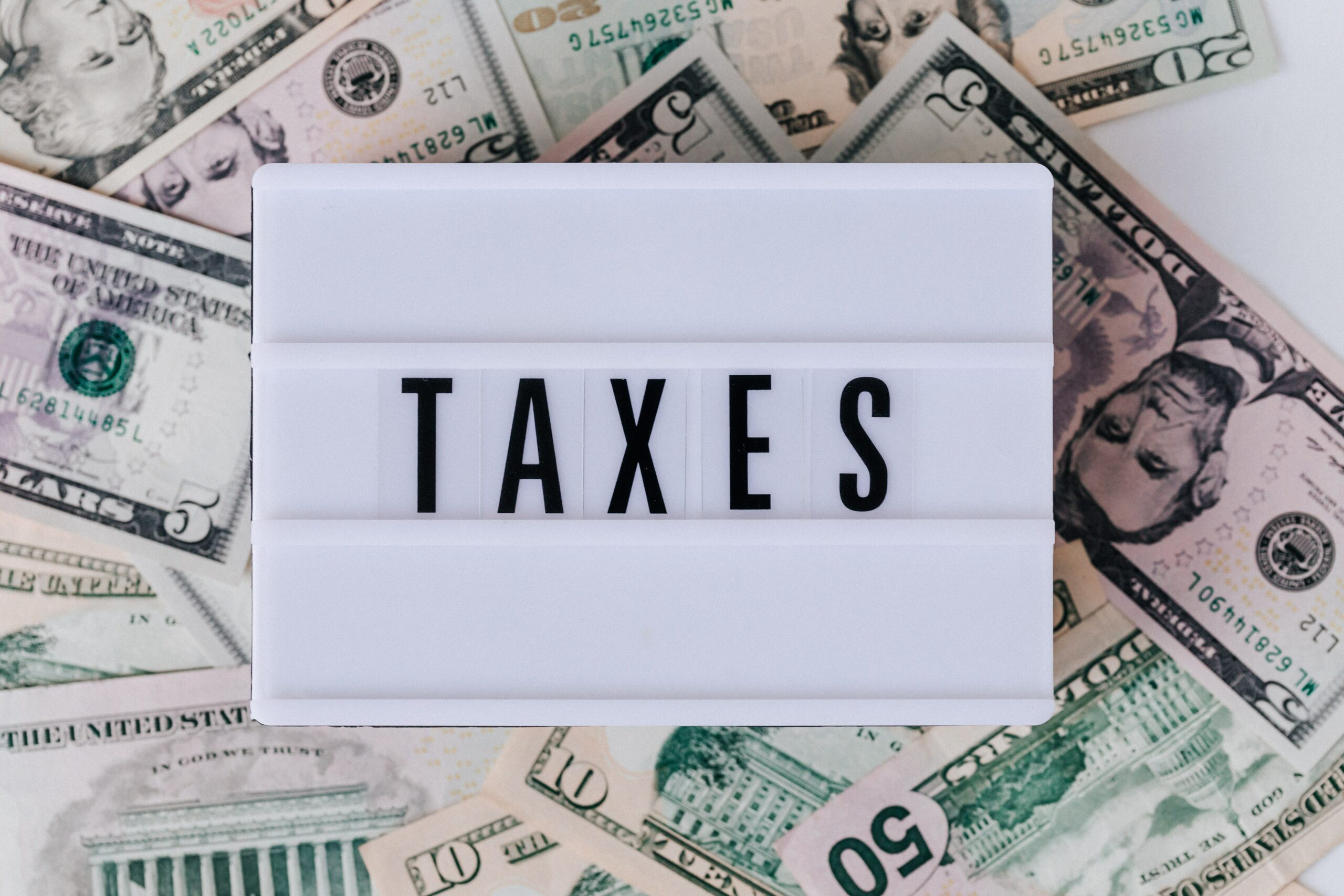
Let’s talk taxes.. and how your retirement plan can help you work towards tax deductions!
Employees participating in an employer-sponsored plan make salary deferrals on a per payroll basis making the year-end contribution deadline pretty straightforward; however, that may not be the case for employers.
Since employers contribute for slightly different reasons, those contribution due dates may vary depending on plan design. In other words, one set of rules may specify a deadline for compliance purposes, while another set of rules requires a different deadline for tax deduction purposes.
In this article we will be discussing company contribution deadlines, by source, and leveraging your retirement plan for the purpose of tax deductions.
When employee matching is offered, employers can choose when they want to contribute. Some employers prefer to make their employee matching contributions each pay period, while others make the full matching contribution as a lump sum payment after the close of their fiscal year-end.
The deductibility deadlines for calendar year plans are as follows:
Unlike the employer Match, employer Profit Sharing contributions are typically made as a lump sum payment after the close of their fiscal year-end.
Profit Sharing contributions have the same deadline as matching contributions which is no later than their respective federal tax filing deadline. If the employer has filed for an extension, they have until that deadline in order to be considered for a tax deduction.
Since many self-employed individuals, such as sole proprietorships and partnerships, don’t receive a regular paycheck and therefore determine their compensation at the end of the year, the election to defer needs to be made by the end of the plan year.
For a calendar year Solo 401(k), as long as they make the election to defer by the end of the plan year (12/31), they have until the business’s federal income tax return due date, including extensions, to make the salary deferral contribution into the plan.
When leveraging tax deductibility opportunities with your retirement plan, we have found that opting to file for an extension, regardless of personal preference, grants significant timing flexibility around employer contributions.
In addition, recent regulations allow for the implementation of retroactive employer funded retirement plans; therefore, filing for an extension will permit additional time to make informed decisions on maximizing tax deductibility opportunities for your respective tax filing year.
My Benefits, LLC is committed to ensure your retirement plan is tailored to your business owner needs in offering a tax efficient approach.
Your retirement plan questions answered, in plain English, by an expert. Use the form below to ask our retirement plan experts your question.